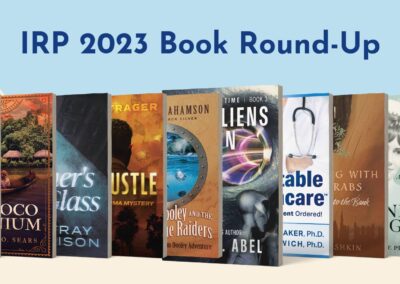What Makes a Good Story (Lessons I Learned the Hard Way)
A Blog Series by Faith Green
Post #1: Write Without Evasion
“Are you going to write about me?” my boyfriend of one year asks, looking down at me with his brown-green eyes.
“Uh….” My own eyes linger appreciatively on his Romanesque nose before I divert my attention to a piece of lint on his shirt. I pick it off. “Sure….”
It’s not a lie. I will write about him, but it won’t be like he thinks. Also, I will never, ever show him, or if I do, I’ll never let him know the piece is about him. It’s not that he wouldn’t make a good character. He’d make a great character, but that’s the problem. Characters require imperfections, and he’s got them. I don’t want the world to know that, though.
Scratch that. This article is about honesty.
I do want the world to know, but I don’t want him to know that I let the world know.
Because you’re going to let the world know, half of my conscience whispers.
Yup, I answer silently.
You’re a bad person, the other half of my conscience says.
I prefer the term “non-evasive author,” I respond.
The inclination to avoid certain aspects of an event or character is often a major obstacle for authors. Memoirs provide some great examples of this obstacle. Pretend you are writing about your childhood experiences. You have a father. Your father worked hard, which you respected, but he drank daily and deeply, which disturbed you. Both of these characteristics impacted you immensely, but you don’t want to hurt your father or your family. Do you leave him out of the piece? No. Do you exclude his drinking? No. You must be prepared to face, digest, and discuss the impact your father’s work ethic and his drinking had on you if you want to write a memoir about your childhood. Otherwise, the writing will be cliché, your characters 1-dimensional, and your memoir unsubstantial.
Here are some ways you might avoid literary evasion:
Write in the appropriate genre. The memoirist, for example, might approach his or her childhood through the lense of poetry or fiction. The flexibility of such genres could magnify the possibilities of the author’s exploration.
List your characters’ imperfections. You might do this during character-developing exercise before and during the process of writing. Be aware of these characteristics while you write and include them in your characters’ actions and dialogue. If you are the main character, do the same for yourself. Also, don’t forget that every narrator is a character.
Write confessionals. Be honest. No one, no one, no one is perfect. One way you might get in touch with your character’s “darker side” is by writing confessional. Unlike the imperfections list, this list is written “by” your character and should include confessions of their darkest deeds. Try to write at least a page’s worth for each character.
Here’s a sample piece I so did not write about anybody in particular:
“The Night Before You Left”
I Brought you Blue Moon and slipped into bed, waiting
You drank the beer
and watched T.V.,
spent half the night petting our dog
and telling her you’d miss her.
I finished my wine and fell asleep
instead of deciding whether to cry or speak.
To be fair, this poem is more about miscommunication than anything else…
Do you have any suggestions about how to write non-evasively?
Do you have a sample non-evasive piece?
Share them with us in your comments!





